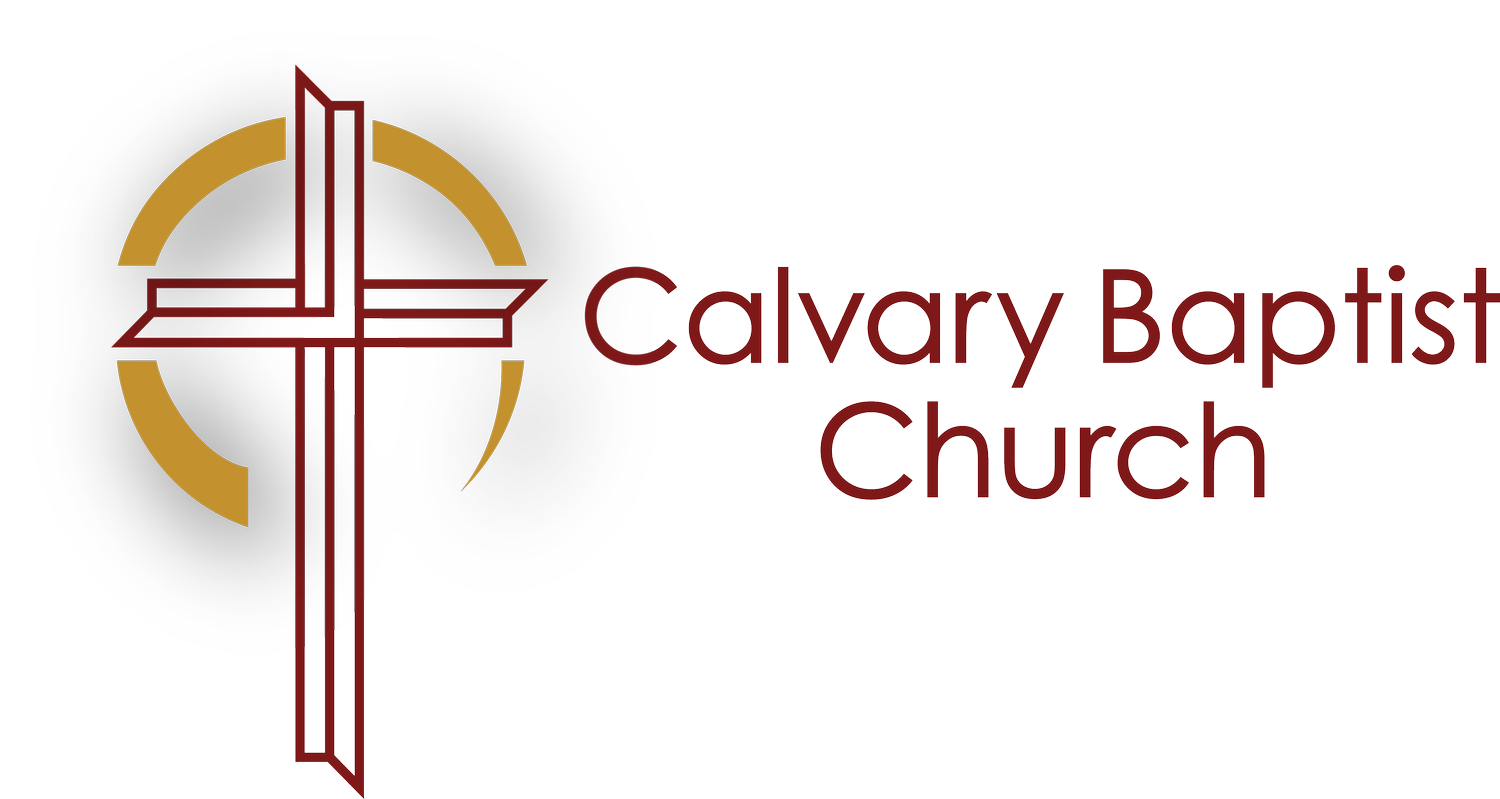Session #3- Meditating on Scripture
Introduction
Some Christians are apprehensive about the practice of "meditation." Because of the great influence of Buddhism, new age spirituality, and even psychology in our culture, meditation is primarily thought of as a method for heightening awareness stabilizing anxiety and experiencing an "emptying of the mind" that leads to a sense of inner calm. While there may be some benefits associated with these forms of meditation, the meditation that is described in the Bible is entirely different.
The Hebrew word for meditate is "Hagah," which literally means to chew, growl, or mutter. It is the image of an animal "chewing its cud" or of someone muttering to themselves under their breath. The idea is that it is a slow, repetitive working through the words of Scripture, prayerfully asking God to give us wisdom and insight so that we might meet with Him through them. The role of biblical meditation is not that we empty our minds, but rather that we place our quiet and prayerful awareness on the words of Scripture, allowing them to shape the way that we pray and experience relationship with our heavenly Father.
Read these Scripture Passages and Discuss
Joshua 1:8-9, Psalm 1:1-3, Psalm 77:6-12
What do these passages teach us about the role of meditating on Scripture in the life of a believer?
How can biblical meditation deepen our awareness of and relationship with God?
Lectio Divina Overview
We get frustrated with the Bible when we approach it as an encyclopedia—an entirely literal, linear, one-size-fits-all manual for life in the modern world. But the Bible wasn't designed as a convenient reference manual or as a textbook. The Bible describes itself as a library designed for a lifetime of ongoing meditation. We want to suggest the ancient form of biblical meditation known as lectio divina (Latin for “divine reading”). This type of Scripture meditation has its origins in the desert monks of the fourth century, and forms of Scripture meditation like lectio divina were practiced by well-known figures in Church history such as, St. Augustine of Hippo, Bernard of Clairvaux, Teresa of Avilia, John of the Cross, John Calvin, and Richard Baxter.
In the sixth century, lectio divina or “spiritual reading” was adopted by Benedict of Nursia for his monastic community in his famous "Rule of St. Benedict."
Lectio Divina is not a method of Bible Study (We will get to that in a few weeks!).
The study of the Bible sets its focus on learning; lectio divina is an ancient, time-tested method of meeting God in the Scriptures. In doing so, the disciple allows the Scriptures (in cooperation with the Spirit) to lead the reader into further intimacy with God as they move slowly, carefully, and repeatedly through the text. The practice consists of five distinct movements:
1) Readying Yourself
2) Reading (lectio)
3) Reflection (meditatio)
4) Response (oratio)
5) Rest (contemplatio)
This can be a difficult practice for those who have never tried meditating on Scripture, which is why we have provided a guide for you to work from this week
Remember that the point of this practice is not to learn everything you can about the passage or even to understand everything fully, but the goal is simply to meet with God through his Word and allow that to shape how we pray. Scripture meditation is often the best way to bridge our time of reading the Bible with our prayer time, so view this reading as a form or extension of prayer.
This Week’s Practice:
This week, attempt to practice Scripture meditation using lectio divina at least three times.
Keep a journal close by while you meditate on the passage, recording any insights you have or what you feel like God might be speaking to you as you work through the different stages.
Don't give up if it is difficult for you or if you have a hard time focusing! Continue to trust that the Spirit of God is working through your quiet faithfulness and perseverance in these practices. The Scriptures promise that "His divine power has given us everything we need for a godly life, through our knowledge of him who has called us by his own glory and goodness" (2 Pet 1:3).
Remember that the spiritual disciplines are not about becoming “proficient” or marking off a spiritual checklist, but about making space in our lives to experience God's power and presence. We are not driven by guilt to spend time meditating on Scripture but by the love of Jesus and our desire to become more like him.
